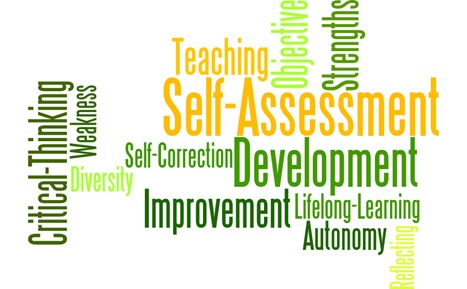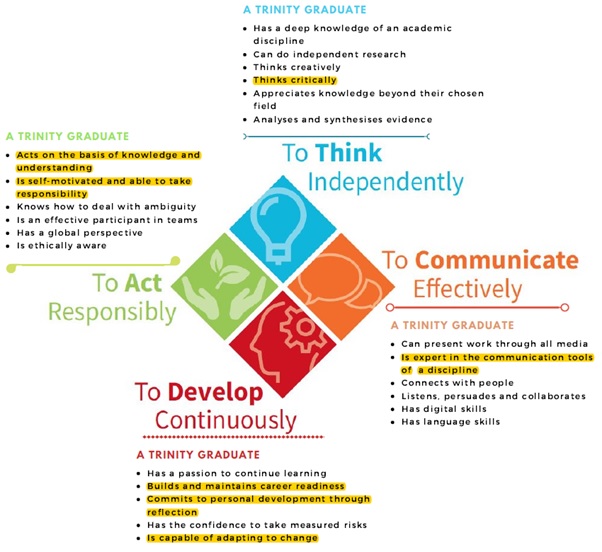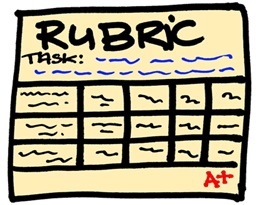What is self-assessment and how does it help me learn?
Click here for information in PDF format
Self-assessment provides an opportunity to reflect on and evaluate your own work, sometimes against a set of criteria. It might also involve giving your work a grade or mark, but that is not always the case. Self-assessment can involve:
- Objectively assessing your own work
- Identifying the strengths and weaknesses of your work
- Recognising what you could do to improve your work
- Identifying how you could apply what you have learned to future work or life after graduation
Reviewing your work from the perspective of a reader, rather than a writer/producer, can help you to think critically about your work, and enhance your personal development through reflection and self-motivation. Self-assessment is a form of assessment that can be used for any type of student assignment.
Self-reflection is a formative assessment that is designed to equip you with the necessary tools to become a better critical thinker and, therefore, a better learner. It promotes assessment FOR and AS learning. For that reason, it may or may not be graded and is primarily concerned with empowering you to self-regulate, self-correct and strengthen the quality of your own work.

Which Graduate Attributes will this assessment help me develop?

Self-assessment can help you to develop and improve some or all of the Graduate Attributes, depending on your experience and skill level, and the assessment criteria. Here are some examples:
- To Think Independently
- By improving your judgement and decision making by exploring your evaluation of your own performance.
- To Communicate Effectively
- By synthesising and explaining your corrections in a meaningful way.
- To Develop Continuously
- By improving your work by engaging with provided criteria, identifying the strengths and weaknesses of your work and learning from mistakes.
- To Act Responsibly
- For example, by taking more control over your learning, leading to greater motivation and engagement.
What is expected of me?
Your lecturer will explain how the self-assessment should be conducted, the rationale for doing it and the outcomes expected of you. You could be assessing your own work against a set of given criteria or perhaps through a general reflection on your work. You need to be objective and try to assess the work from a reader’s perspective. You may be expected to give constructive, specific and unambiguous feedback on where your work met any given criteria, where it did not, what you could do to improve the work, and what lessons you have learned that you could apply to future assignments.


